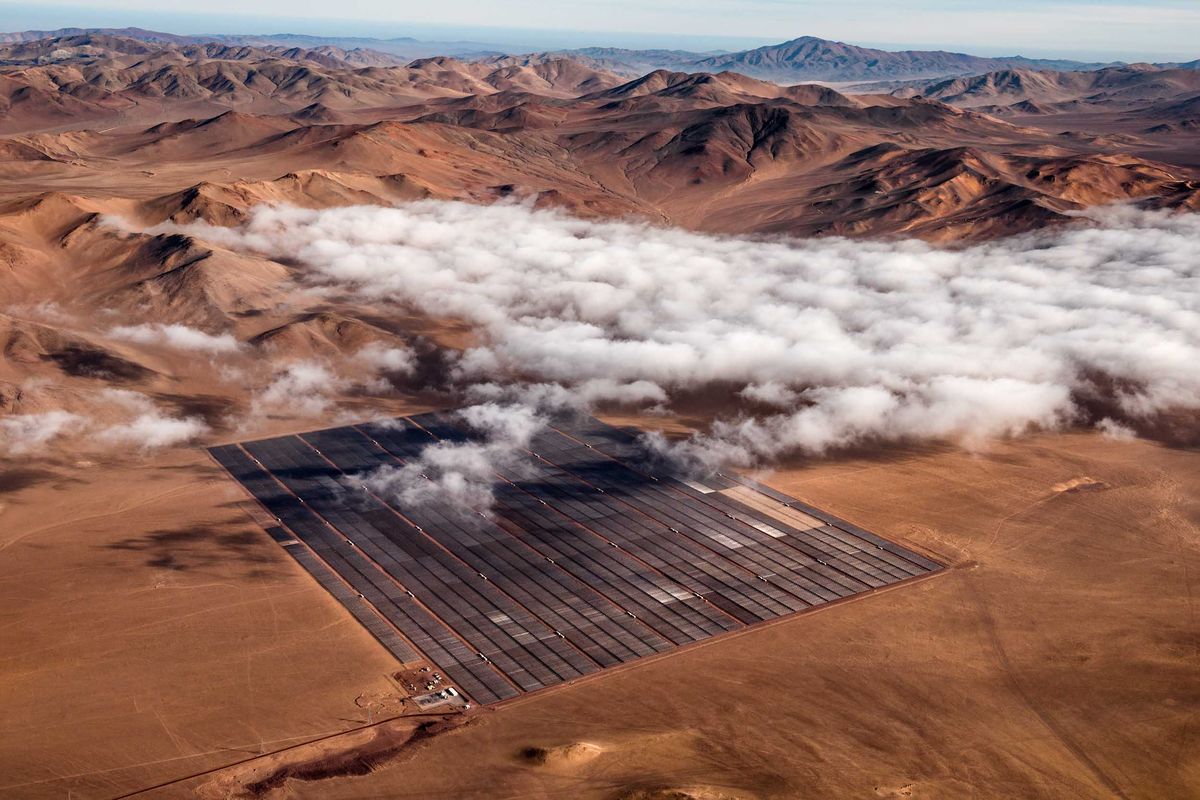Powering Africa's Future: Can Renewables Light Up the Continent?

Date: 09, July
Across Africa, over 600 million people – a staggering number larger than the entire population of the European Union – live in the shadows, lacking access to even the most basic electricity. This stark reality throws a harsh light on the continent's development, hindering education, healthcare, and economic opportunities. But there's a glimmer of hope, and it shines brightly from the sun, wind, and rushing rivers.
A Path Towards Sustainable Energy
A team of researchers, a potent blend of Rwandan and German minds, is pioneering a path towards a sustainable future for Africa's energy sector. "The question we set out to answer," says Dr Amani Nkubiri, a climate scientist at the University of Rwanda, "is how to leapfrog fossil fuels and illuminate Africa with clean energy sources."
The Renewable Power Plant Database Africa
Their answer lies in a groundbreaking initiative – the Renewable Power Plant Database Africa. This first-of-its-kind resource meticulously catalogues existing and planned hydro, solar, and wind power plants across the continent. "We've essentially built a treasure map," explains Dr. Franz Schmidt, a renewable energy engineer from the Technical University of Berlin, seconded to the project. "This map reveals a wealth of renewable potential, waiting to be harnessed."
Maximizing Renewable Potential
The data whispers a promising story. Countries like Nigeria and Zimbabwe, blessed with abundant sunshine and strong winds, have enough renewable projects in the pipeline to potentially ditch fossil fuels altogether by 2050. "Imagine that," says Nkubiri, her voice filled with excitement, "an Africa powered by the sun and the wind, breathing clean and leaving fossil fuels behind."
Challenges and Hybrid Solutions
Hydropower, the workhorse of Africa's renewable sector, currently reigns supreme. However, its dominance is threatened by a dual challenge – declining water levels due to climate change and the surging popularity of solar and wind. "Solar photovoltaic costs have plummeted by 90% since 2009," says Schmidt, "and wind turbine prices have followed suit, dropping by 55-60% since 2010. These renewables are becoming increasingly attractive options."
Beyond the Grid
However, the path to a sunlit Africa is paved with more than just technology. "Transnational electricity sharing is paramount," emphasizes Schmidt. "Countries need to cooperate, forming an energy grid that transcends borders. Sharing resources like power lines and expertise is crucial to ensuring all Africans benefit from this renewable revolution."
Conclusion
The researchers also advocate for a shift in mindset, urging African leaders to embrace a more inclusive approach to development. "Renewable projects can't exist in a vacuum," cautions Nkubiri. "Local communities, environmental concerns, and economic considerations all need to be factored in. We've seen conflicts arise in the past due to land-use issues surrounding large-scale renewable projects. We need to learn from those mistakes and ensure everyone benefits."

